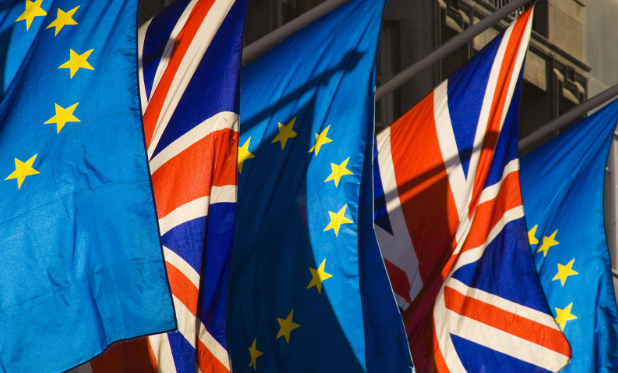By Kristiana Wrixon, Head of Policy, ACEVO
Leave or Remain. Two categories that sound like simple tangible ideas but are incredibly complex and nebulous. But when binary options are presented as the only options then conflict will inevitably follow. Over the last three years, this conflict has led to increased hostility towards fellow citizens, politicians and the media. Language like ‘traitor’ and ‘betrayed’ is being thrown around by our most senior political figures and we are seeing it on the news, in magazines and on social media every day.
For civil society organisations, the most important question is not ‘should the UK leave the EU or should the UK remain in the EU?’ but ‘what values, rights and laws should the UK have so that the needs of our beneficiaries and causes are best served?’ This question looks more complex but is much easier for charities to answer because this kind of question forms the core of what social sector organisations do every day.
Our role as civil society organisations is to have a vision of what we want our country to look like for the communities and the causes we serve. This isn’t new to us; we already know the answers to those questions, even if they aren’t written down yet. If you are a charity that works to protect heritage, carry out medical research or support communities, then you know the challenges that the people you serve are up against because you live them every day.
But understanding how Brexit may impact our vision, mission and values is complicated. This is why it is important to work together and to make use of the constitutional and legal expertise within the Brexit Civil Society Alliance.
For ACEVO, the events of the last few months, particularly the prorogation of parliament do not fit with the vision we have of an enabling external environment for civil society leaders, a character of which is ensuring civil society leader’s voices are represented and heard by decision makers.
The prorogation of Parliament- which was ultimately ruled unlawful by the Supreme Court- also represents a failure of political leadership. We wouldn’t advise civil society leaders to shut up shop for 5 weeks to get a controversial decision past their organisation.
I also want to touch on the often-cited role of the sector in ‘healing communities’ post the 2016 referendum. The last 3 years have revealed the depths of racism and hatred held by some of our fellow citizens. We need to be offering solidarity and support to those who are being harmed by this. If we are going to meaningfully offer that support and solidarity, then civil society as a sector needs to make greater progress on its commitment to improving diversity and inclusion. To be able to fulfil our role in healing communities we need to think about who has the power in our organisations and in our sector. Whose voices do we listen to, and crucially act on. We need to work simultaneously to improve ourselves as individuals and organisations so that we can deliver more for our communities.
The government has largely ignored civil society on issues regarding Brexit and I would like to see more civil society voices speaking publicly via the media. But crucially those voices need to be the ones working on the ground that have lived- expertise. However, we must also remember that there is an extremely hostile media environment on issues regarding Brexit, especially for underrepresented communities. It is a big ask for someone to put themselves in this toxic debate and it is not fair to expect people to open themselves up to abuse.
To be prepared for the weeks ahead we need to organise and we need to demonstrate that there is a better way to hold difficult discussions. It is also important to remember that different civil society organisations roles and views in this movement will be different depending on their charitable purpose and the work they deliver. This diversity of perspective and approach is a strength, not a weakness so long as we are working together openly and honestly.
In summary, the role of the social sector is to demonstrate how to lead with a focus on values and mission, to have a positive vision for the future and to model a kind of leadership that can be respectful even in times of disagreement.
This blog does not necessarily reflect the views of the Alliance or individual members.

